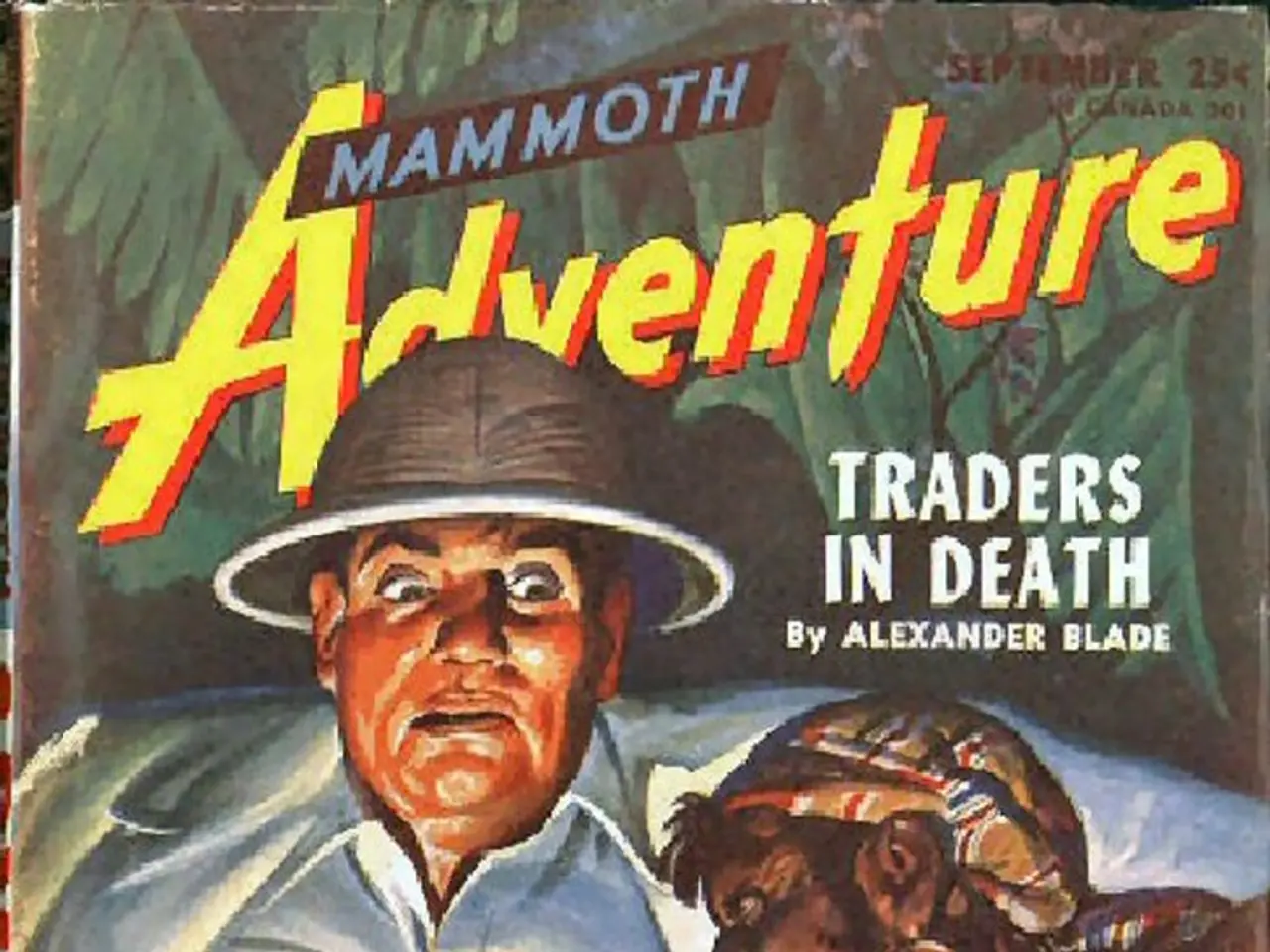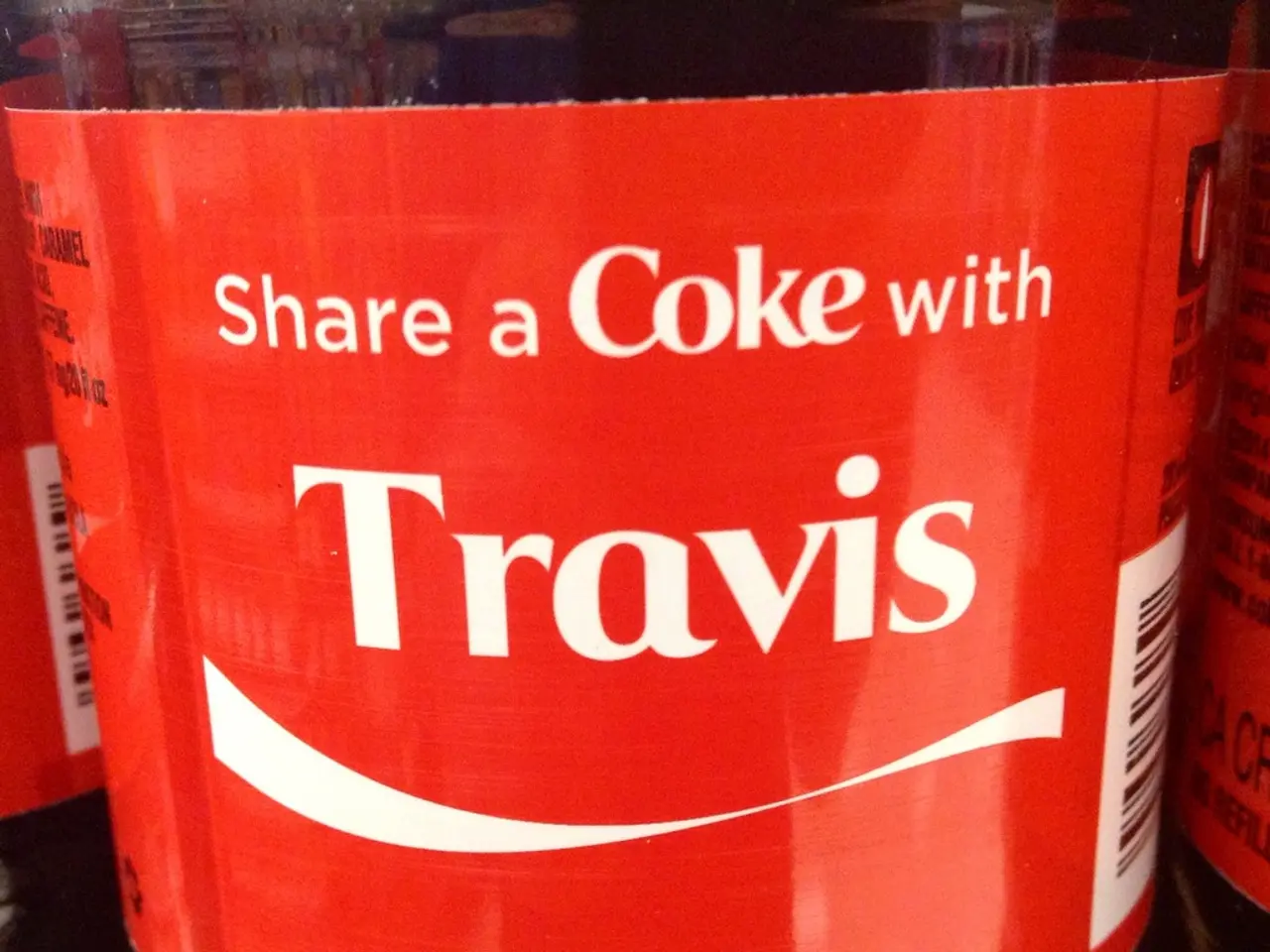Modern Social Challenges Mirrored in Narrative Artistry of American Television Shows
In the chilling world of Jordan Peele's latest film, "Us", the horror narrative takes a profound turn as it delves into the complexities of identity, duality, and socioeconomic disparities. The film presents a unique premise where doppelgängers, known as the Tethered, symbolize the repressed, marginalized versions of the main characters living in poverty and isolation beneath the surface.
The film masterfully illustrates duality by having characters confront their shadow selves, highlighting how society creates and suppresses these "other" identities. The Tethered, who mirror the oppressed underclass, serve as a stark reminder of the socioeconomic disparities and class oppression that exist in society.
"Us" invites audiences to question who they really are beneath their social personas and to recognize the hidden inequalities that shape society. By unsettling viewers with both personal and societal doubles, Peele inspires meaningful dialogue about privilege, identity politics, and social justice.
Moreover, the film uses horror as a metaphor for racial and class tensions, encouraging audiences not only to reflect on these issues but also to engage in actions that address systemic disparities and social alienation. Peele's storytelling fosters empathy by making invisible social critiques visible and visceral, motivating viewers to consider how societal structures perpetuate inequality and what role individuals can play in challenging them.
The narrative of "Us" crafts a profound commentary on socioeconomic disparities, with visual symbolism vividly depicting the economic divide, encouraging audiences to reflect on their own perceptions and biases. Identity in "Us" is depicted as a personal and collective construct, shaped by privilege and oppression. The story emphasizes the often invisible barriers that divide us, highlighting the systemic challenges faced by marginalized communities.
Each character's journey in "Us" serves as a microcosm of larger societal issues, with the duality in "Us" serving as a metaphor for societal disparities. Key themes in "Us" include privilege vs. oppression, self-perception vs. reality, and unity and division.
In summary, "Us" uses the horror genre as a vehicle to deeply explore the fluidity and complexity of identity alongside stark economic and racial divides, prompting audiences toward awareness, conversation, and potential social change. The film serves as an optimistic call to action, urging audiences to recognize and reconcile dualities within themselves and society.
- Jordan Peele's film, "Us," cleverly uses animation to portray a director's perspective on otherness and socioeconomic disparities.
- The movie's premise of doppelgängers mirrors the struggle of marginalized groups in society, providing a poignant review on identity politics and entertainment.
- The film's themes extend beyond cinema, encouraging meaningful discussions about privilege, racial and class tensions, and social justice.
- Peele's thought-provoking film, "Us," offers a captivating exploration of identity, duality, and socioeconomic inequities, inspiring viewers to embrace empathy and spark social change.







